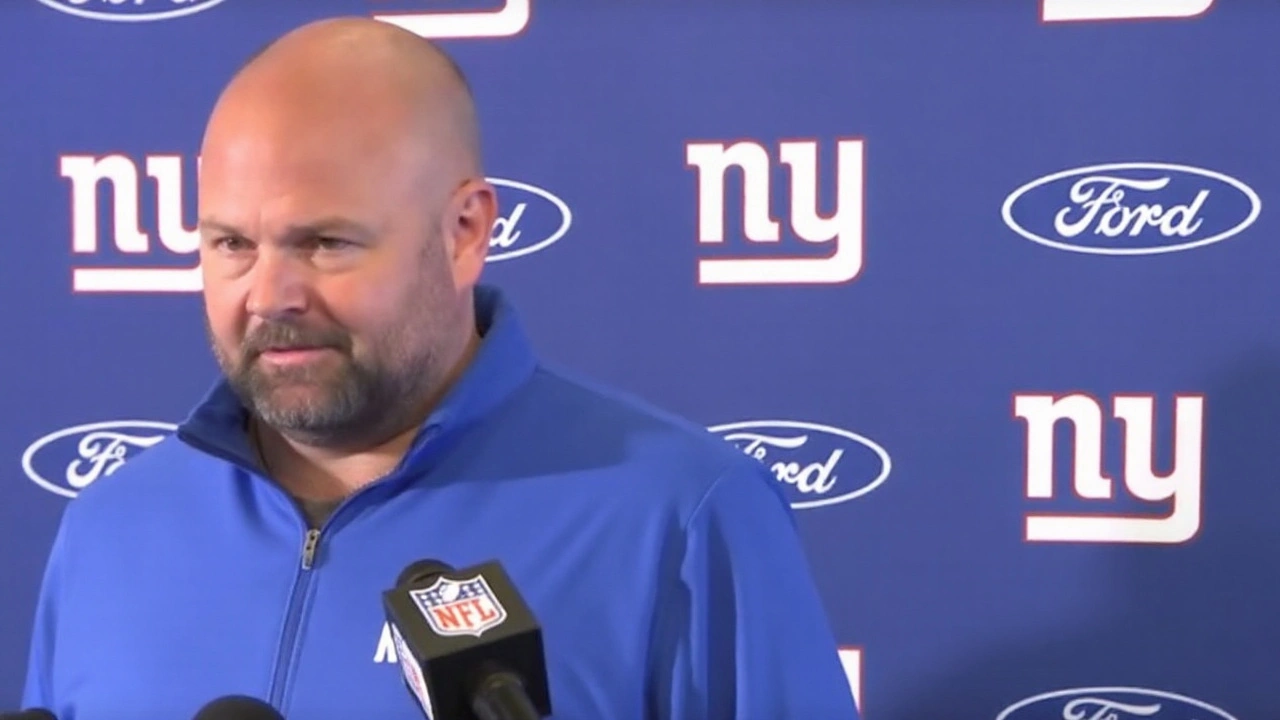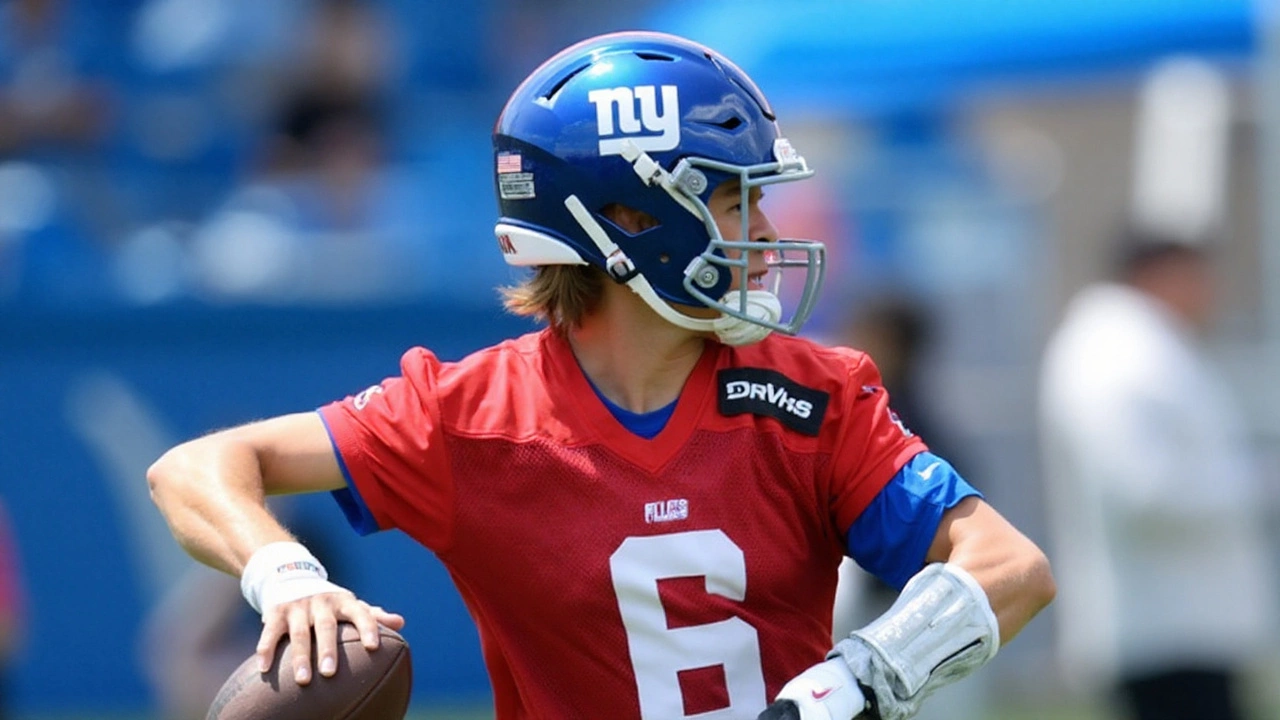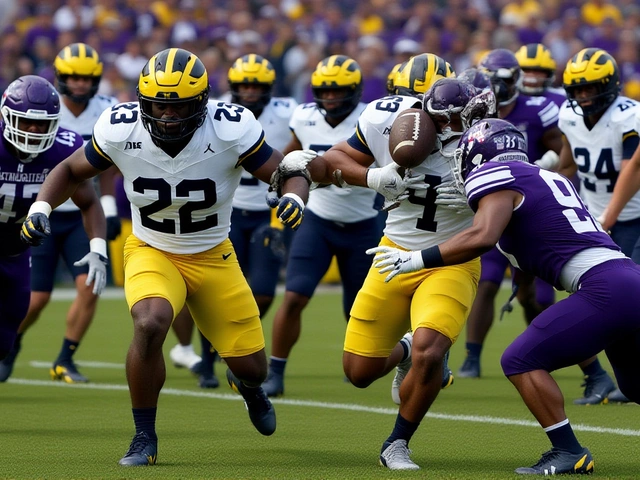
Daboll backs Wilson but won’t name Week 2 starter
Three openers under Brian Daboll, three games without a touchdown. That’s the sobering stat out of Washington, where the New York Giants fell 21-6 to the Commanders. And yet, the head coach drew a firm line about blame. This wasn’t on Russell Wilson, he argued, even as the offense sputtered from the first drive to the last.
Wilson’s numbers tell a choppy story: 17 completions on 37 attempts for 168 yards, no touchdowns, no interceptions. He was hit by pressure throughout the afternoon, and when it arrived, the passing game stalled. Under duress, he completed just 2 of 12 throws for 26 yards, while taking two sacks and breaking the pocket twice. New York settled for two field goals and left their only red-zone trip—the one that reached inside the 5—without a touchdown.
Asked if Wilson will start against the Cowboys in Week 2, Daboll didn’t bite. He spoke about evaluating the tape, improving across the board, and getting ready for Dallas. The message was consistent: everyone shares accountability, and the process, not the podium, will sort out who starts.
The ambiguity lands differently this year because of who’s in the room. First-round pick Jaxson Dart, chosen 25th overall in April, served as the backup ahead of veteran Jameis Winston. That depth chart wasn’t lost on anyone in the building—or outside it. Dart’s promotion to QB2 adds layers to an already charged conversation after a six-point opener.
Continuity was supposed to help. The Giants brought back 10 of 11 starters from last season’s offense, a sign they believed cohesion could lift production. Instead, the same patterns reappeared: inconsistent protection, late-developing routes, and drives derailed by negative plays. Beyond one march for a field goal, New York failed to string together the kind of sustained possessions that settle a quarterback and test a defense.

A stalled offense, a crowded quarterback room, and what comes next
When the Giants did threaten, they faltered. The sequence inside the 5 was the pivot point. Short-yardage and red-zone execution has to be reliable in September; it wasn’t. Missed assignments, stalled runs, and a hurried pocket are how teams end up with three points instead of seven. That difference showed up all game.
Daboll didn’t shield the staff or the supporting cast. He noted the entire offense—coaches included—needs to be better. He also made his defense of Wilson as plain as possible: “This game isn’t on Russell Wilson, it’s not on Russell Wilson. I want to make that clear.” That’s not just cover for a veteran after a rough day; it’s a message to the locker room about where responsibility lies and how this week will be coached.
There’s a tactical element to Daboll’s silence on the Week 2 starter. Keeping Dallas guessing is never a bad idea, especially with two very different options behind center. Wilson’s game leans on timing, rhythm, and play-action when the run game cooperates. Dart, a first-rounder with modern tools, profiles as a mover who can stress the edges and make second-reaction plays. Preparing for both asks more of a defense.
That said, there’s a cost to uncertainty. Quarterbacks benefit from clean, uninterrupted reps with starters. If the Giants split practice time, they’ll need to be precise about scripting, protections, and situational work—particularly red-zone and third-and-medium, where Sunday’s breakdowns piled up.
Here’s what the game made clear:
- No touchdowns for the third straight season opener under Daboll.
- Wilson: 17-of-37 passing, 168 yards, zero touchdowns, zero interceptions.
- Under pressure: 2-of-12 for 26 yards, two sacks taken, two scrambles.
- Six total points, including a drive that reached inside the 5 without crossing the goal line.
Dart’s presence looms large because first-round quarterbacks accelerate timelines. He’s the future by design; the question is how quickly the present bends to meet it. Daboll and his staff won’t throw him into the fire just to spark a crowd, but depth-chart decisions already show trust. If he plays, the plan likely shifts: movement throws, simplified reads, and tempo to prevent a heavy pass rush from teeing off.
For Wilson, the path forward looks more familiar: protection help, quicker answers, and better first-down efficiency to avoid must-pass downs. The Giants need early-down runs that set up bite-sized throws and a manageable third-down menu. Screens and misdirection can punish aggressive fronts the way true deep shots couldn’t on Sunday. That’s less about a change at quarterback and more about aligning the whole operation—line, backs, receivers, and play-calling—to stay on schedule.
The Cowboys present a very different test than Washington, but the issues don’t change. New York must firm up pass protection rules, get receivers breaking open earlier in the down, and clean up the details that extend drives—splits, motion timing, and hot routes against quick pressure. One or two explosives can flip the script, but the Giants first need a baseline of routine plays executed cleanly.
Daboll’s public stance buys his offense time and keeps a lid on a quarterback controversy that could spin by midweek. The tape will decide how much of Sunday’s failure falls on design versus execution, and how much can be patched in six days. If Wilson starts, expect a tighter plan, heavier quick game, and early throws to build rhythm. If Dart gets his first NFL action, watch for designed movement and a simplified read tree to match his comfort zone.
Either way, the pressure is on. A division loss to open the season, followed by a date with Dallas, leaves little margin. The Giants invested in a veteran with a long track record and a rookie with first-round expectations. Now they need answers on the field, not at the microphone.


